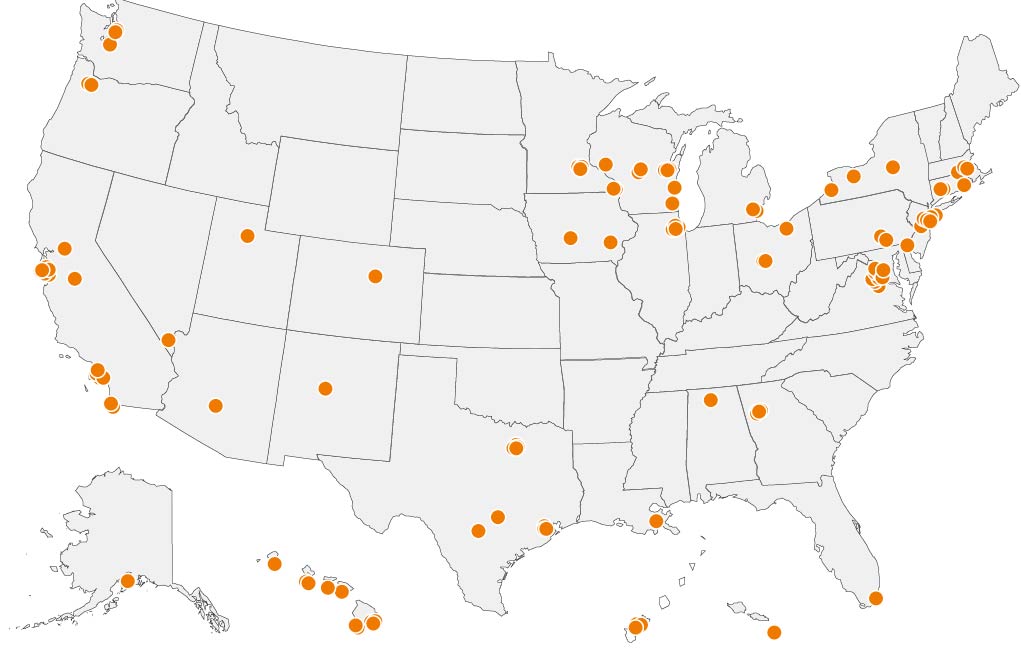Find An Agency
Domestic violence programs have been founded by and are an integral part of local API communities — often located within an ethnic enclave or an easily accessible location. The close identification between program and community and between advocates and community members, can have both positive and negative impacts. Survivors may readily call on the program or a specific advocate for help, sensing trust and knowing that their language and cultural context and values will be understood. On the other hand, advocates may be identified as having ties with abusive members of the community, or not trusted to maintain confidentiality — making survivors reluctant to seek help from people so close to home.
A program may be embraced as an integral part of a community — serving as a valued symbol and resource affirming the community’s opposition to domestic violence and honoring the importance of healthy families and gender equality in relationships. It may also be viewed with antagonism — threatening the prevailing hierarchical order which often supports patriarchal values including tolerating or even promoting domestic violence. Individual advocates can, and are, vulnerable to emotional and physical harm — negotiating public exposure as they struggle for personal privacy and protection from community hostility. Being centered in the community is definitely considered an asset by programs that are most organically linked to the community they represent, but it also carries certain risks.
Nevertheless, organizing around domestic and other forms of gender-based violence has been central to the activism and leadership of API women. There are currently over 160 established and start-up programs in 36 states and territories, spanning all U.S. regions, that explicitly address the special circumstances, challenges and complexities specific to API survivors.
